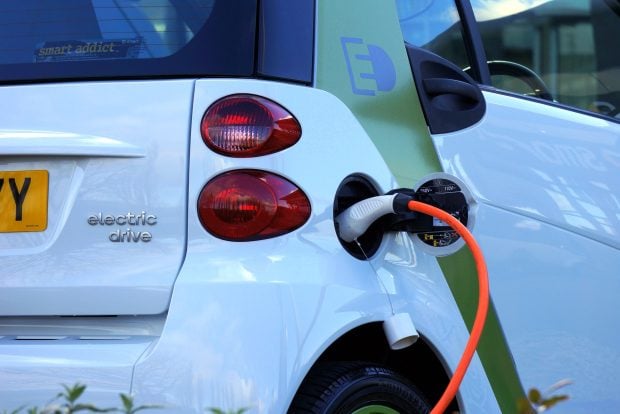Far stronger policies needed to limit climate change, scientists conclude

Policies to mitigate climate change need to be urgently and substantially strengthened to limit warming to 1.5°C, the world’s leading climate scientists have said in landmark research published today. To avoid the worst outcomes of climate change, governments will have to pursue “rapid and far-reaching” changes in their countries’ management of land, energy, industry, buildings, transport and cities.
Human activities have already caused approximately 1°C of global warming, and this is likely to reach 1.5°C between 2030 and 2052 if it continues at the current rate, the Intergovernmental Panel on Climate Change (IPCC) scientists said.
Previously, scientists had held that 2°C was the “safe” limit for temperature rise above pre-industrial levels. However, under pressure from the least developed countries and low-lying island states, governments agreed at the 2015 UN climate change negotiations in Paris that they would raise the ambition and aim to keep temperature rise within 1.5°C.
Follow the evidence
The IPCC was asked to investigate the implications of this for both climate change and government policies to limit emissions. The findings of the report will provide key scientific evidence supporting the next round of negotiations in December.
The scientists found that the impact of 1.5°C warming was far less damaging than 2°C. For instance, by 2100, global sea level rise would be 10cm lower with global warming of 1.5°C compared with 2°C, and coral reefs would decline by 70-90% with global warming of 1.5°C, compared with being virtually wiped out with a 2°C rise.
The report examines four different pathways available to limit warming to 1.5°C, setting out what it would take to achieve them and what their consequences could be.
“The good news is that some of the kinds of actions that would be needed to limit global warming to 1.5°C are already underway around the world, but they would need to accelerate,” said Valerie Masson-Delmotte, co-chair of one of the IPCC’s working groups.
Net zero target
To limit climate change to 1.5°C, the scientists found, global net human-caused emissions of CO2 would need to fall by about 45% from 2010 levels by 2030, reaching ‘net zero’ around 2050 – meaning that any remaining emissions would need to be balanced by removing CO2 from the air, using technologies such as reforestation, carbon capture and storage, and sequestering carbon in the soil. However, the effectiveness of such techniques are unproven at large scale and some may carry significant risks for sustainable development, the report notes.
Debra Roberts, another working group co-chair, said: “This report gives policymakers and practitioners the information they need to make decisions that tackle climate change while considering local context and people’s needs.”
Andrew Steer, president and chief executive officer at the World Resources Institute said: “The IPCC report is a wake-up call for slumbering world leaders. The difference in impacts between 1.5 and 2 degrees of warming is large, and potentially game-changing.
“Limiting warming to 1.5 degrees will require a radical transformation of economic and social systems at a scale never seen before. We know how to do it, and we know that it will lead to a much healthier economy and much healthier citizens,” he said.























